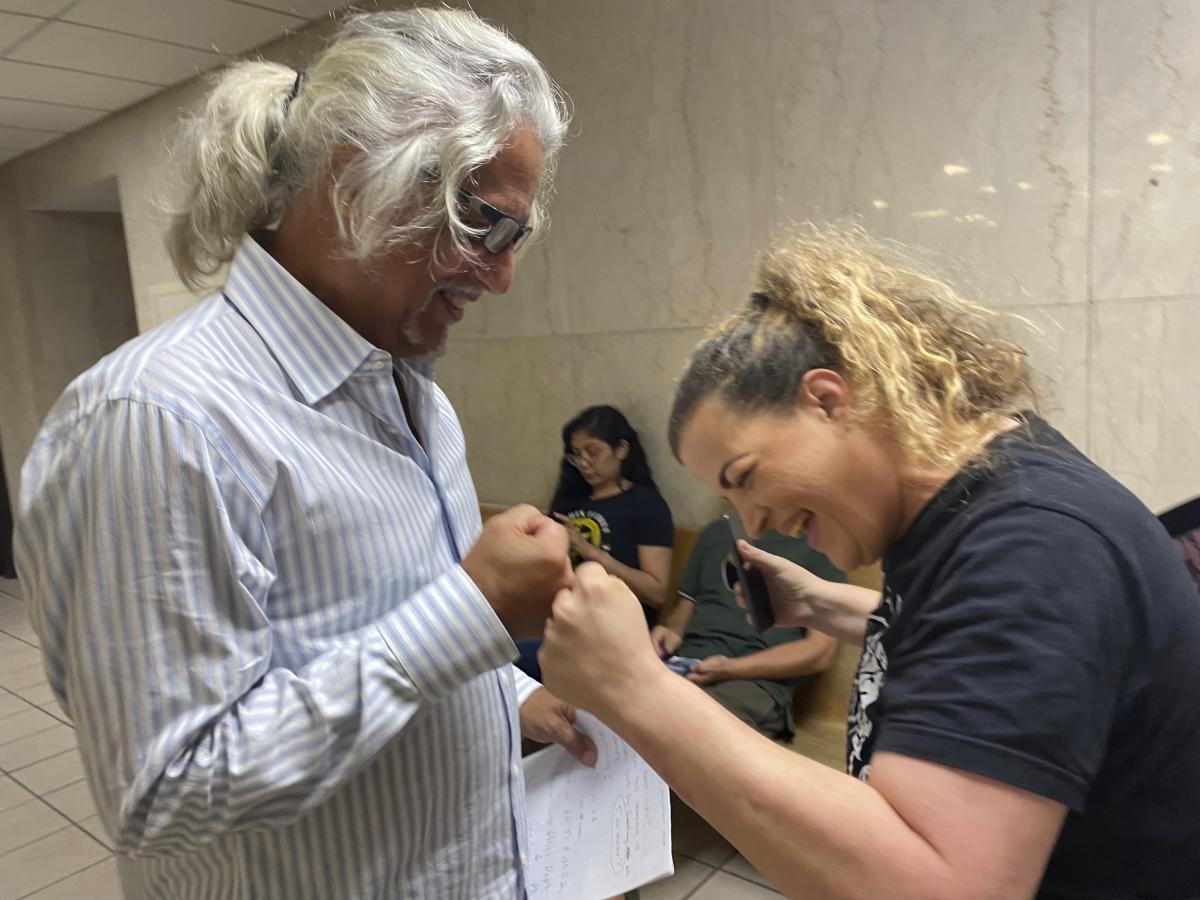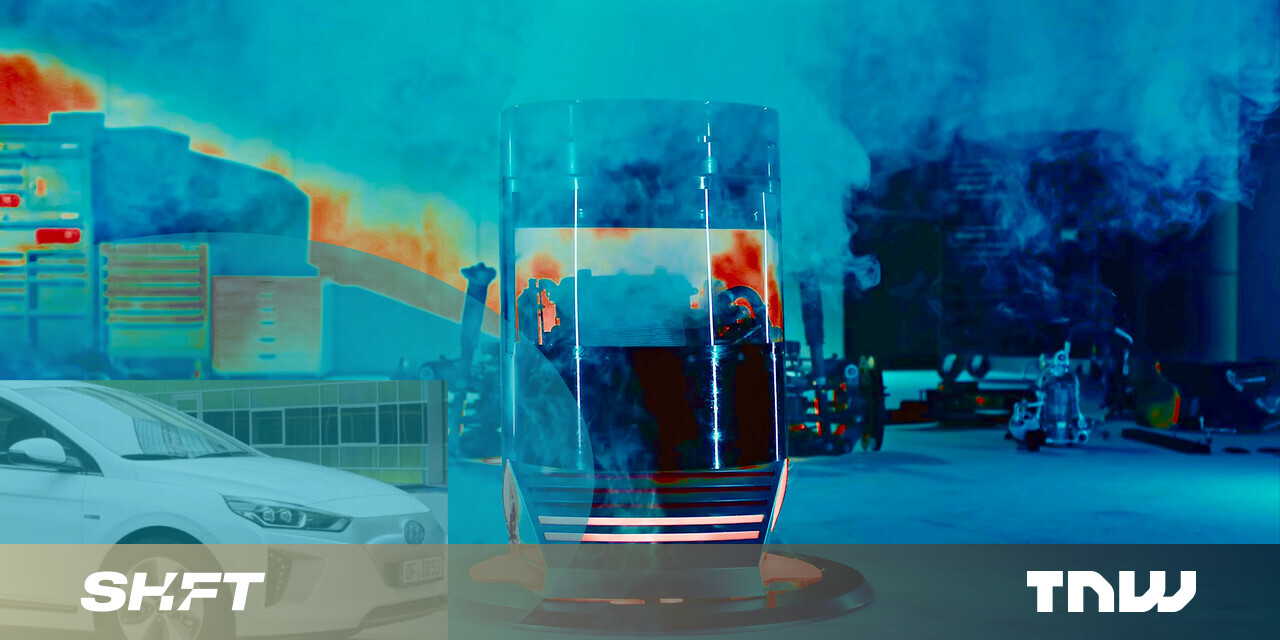#Texas man ticketed for feeding the homeless outside Houston library is found not guilty


HOUSTON (AP) — A man has been found not guilty of breaking a law against feeding homeless people outside a public library in Houston, concluding the first trial to be held after dozens of tickets were issued against volunteers for the group Food Not Bombs.
Friday’s verdict in the sprawling Texas city is latest flashpoint in the debate in many American cities over whether feeding the homeless is an act of charity or a crime that raises health and safety concerns among people who live and work nearby.
“This law that the city has passed is absurd. It criminalizes the Samaritan for giving,” lawyer Paul Kubosh, who represented volunteer Phillip Picone, told KPRC 2 after last week’s verdict.
The city of Houston said it will continue to “vigorously pursue violations of its ordinance relating to feeding of the homeless,” according to a statement released to news outlets.
“It is a health and safety issue for the protection of Houston’s residents,” city attorney Arturo Michel said.
Food Not Bombs had provided meals four nights a week outside the Houston Public Library for decades without incident. But the city posted a notice at the site warning that police would soon start issuing citations, and the first came in March.
City regulations on who can provide free meals outdoors to those in need were enacted in 2012. The ordinance requires such groups to get permission from property owners if they feed more than five people, but it wasn’t enforced until recently, Nick Cooper, a volunteer with Food Not Bombs, told The Associated Press in March.
The office of Houston Mayor Sylvester Turner had said tickets were being issued in part because of an increased number of threats and violent incidents directed at employees and visitors to the library by homeless individuals. The office said the city had started providing meals and other services for homeless individuals at an approved facility located about a mile (.6 kilometer) north of the library.
“We simply cannot lose control of the iconic and historic building that is intended to be a special and safe place for all,” the mayor’s office said.
Group has argued that the city’s law is immoral
Cooper said that the approved location wasn’t ideal because it is close to a police station, although Food Not Bombs members were willing to discuss alternatives.
The group has argued that the city’s law is immoral and violates freedoms of expression and religion, the Houston Chronicle reported.
Picone, the Food Not Bombs volunteer, had received a criminal citation in March after police allegedly told the group to move their operations to another location, the Chronicle reported. As of last week, group members have received 45 tickets, each seeking $254, for continuing to pass out meals at the library.
The newspaper reported that Picone’s trial was the first for the series of tickets that were issued. Nine more tickets are scheduled for court on Thursday and Friday.
Bans on sharing food with people who are experiencing homeless are not new. And Picone is not the first to be cited.
Among the most notable cases was against Arnold Abbott, a 90-year-old World War II veteran, in 2014 in Fort Lauderdale, Florida.
Abbott was charged with violating an ordinance that restricted public feeding of the homeless. He later obtained a state-court injunction against the rule on the grounds it violated Florida’s Religious Freedom Restoration Act, the South Florida Sun-Sentinel reported. He died in 2019.
The local Food Not Bombs chapter had filed a separate federal lawsuit against Fort Lauderdale’s food-sharing rules. And in 2021, a federal appeals court found that the group’s efforts were protected under the U.S. Constitution, the Sun-Sentinel reported.
A survey of 187 U.S. cities found 17 food-sharing bans that were either city wide or in particular public places, according to a 2019 report from the National Law Center on Homelessness & Poverty.
The report noted that food-sharing laws “expose individuals or organizations, often faith-based organizations, to fines or criminal liability.”
Donald H. Whitehead Jr., executive director of the National Coalition for the Homeless, said many American cities have seen a rise in the number of people who are homeless.
But efforts to criminalize homelessness — or acts of help — fail to address its root causes, such as the lack of affordable housing, Whitehead said.
“We’re creating housing in this country, but it’s not housing that is targeting people at the lowest end of the economic ladder,” Whitehead said Wednesday. “Most of the housing that we’re building are luxury apartments and high-end apartments.”
If you liked the article, do not forget to share it with your friends. Follow us on Google News too, click on the star and choose us from your favorites.
For forums sites go to Forum.BuradaBiliyorum.Com
If you want to read more News articles, you can visit our News category.




